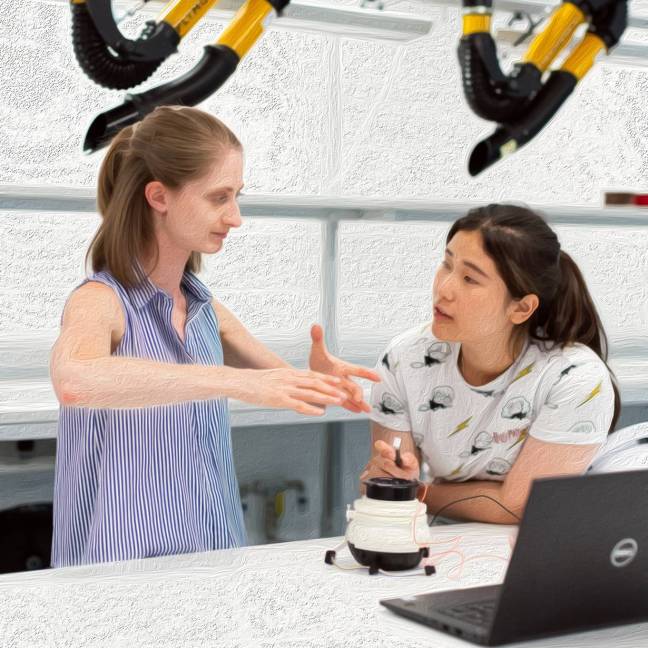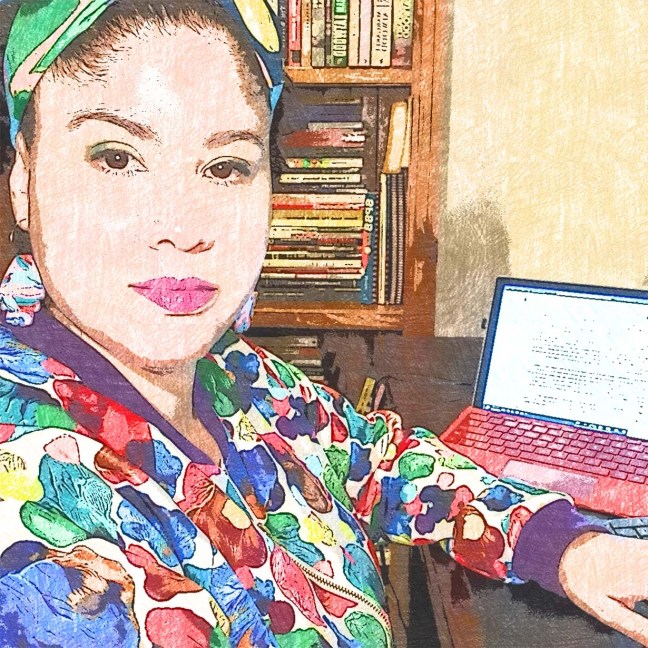Dr Zuleyka Zevallos earned a PhD in Sociology from Swinburne University, Melbourne, where she remains an Adjunct Research Fellow. She currently runs her own business, Social Science Insights, a Research and Social Media Consultancy working with small to medium businesses, government, and not-for-profits who require social research, training and policy advice. She also provides research-driven social media content to help public education and health campaigns. Here Zuleyka shares her career journey, and offers tips to researchers thinking of moving out of academia.How did you move from studying for a PhD to starting your own consultancy?
After completing my PhD at the end of 2004, I continued to work as a lecturer. I left in 2006 because there was no job security in academia. I found it difficult to find full-time academic work in my field, but once I started looking in business and policy sectors, the job choices were surprisingly abundant. I’ve reflected on the fact that, at first, it was very disheartening to give up on my dream job in academia, but once I realised the multiple career possibilities in other industries, the decision to leave was empowering.
A career beyond academia leads to diverse experiences, and the work will likely take you to places you may not have expected. Having had little luck for months trying to get an academic job, I decided to apply for unconventional roles that sounded interesting. I received a number of different offers, which showed me how valuable my PhD degree was to non-academic employers. I took a job in federal government as a Social Scientist. I moved interstate to take the position. Within five years, I had led two interdisciplinary team projects working on social modeling and intercultural communication, and I also conducted research on a range of topics, from political violence to media analysis to the socio-economic outcomes of migrants and refugees. The role was varied so that I worked with many different clients, and I also attended conferences and published articles, which kept me engaged with my academic peers.
In late 2011, I decided to move back to my home state permanently. I worked as a Senior Analyst on an environmental health and safety investigation. I led a team of 23 researchers examining 30 years worth of reports and company data, as well as analysing interviews with 300 emergency service workers. We evaluated the connections between training and environmental practices, the chemicals used during exercises, and the high rate of cancer and other illnesses amongst emergency service workers.
After the investigation ended, I decided to set up my business. I had plenty of leadership experience, and had worked autonomously in setting up various projects in my previous roles, plus I had worked with many different client groups. Setting up the business required a lot of research, and I also took a business management course. I’ve been working as a consultant for the past couple of years.
Continue reading Turning Social Science Into a Business










